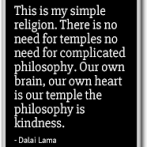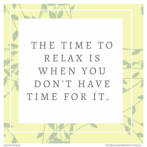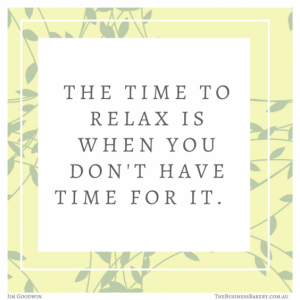More Sharing
This summer I spent ten Fridays in Nashville delivering professional development training for fifteen summer interns at the TN Lottery. We covered a wide variety of topics from values to 100% responsibility and networking to presentation skills. It was a terrific group of undergrad and MBA students: bright, engaged, and open.
As the end of our ten meetings approached, I set a little time aside so we could discuss as a group which topics had been most meaningful and what might need to be added or dropped. And we talked about what worked well and what might be improved.
Their feedback boiled down to three main things: they wanted more exercises, they wanted more of my personal stories, and they wanted me to curse more(!). What they were asking for was more sharing. They wanted to share more with each other, and they wanted me to share more of myself. They’d gotten glimpses of me, but wanted to know me at a deeper personal level.
I like to think I do a pretty good job being authentic, but what wonderful encouragement to be more vulnerable. Being vulnerable can be scary, but it isn’t a weakness; it’s a strength. Our willingness to be vulnerable determines the level to which others can connect with us. People share with us at the level that we share with them.
I’m grateful to have shared my summer with this fantastic group of young adults. Who can you share with today? Where could you be more vulnerable?
Share away!
p.s. Your comments are most welcome on this post at https://www.facebook.com/jenfrankcoaching
Read More







